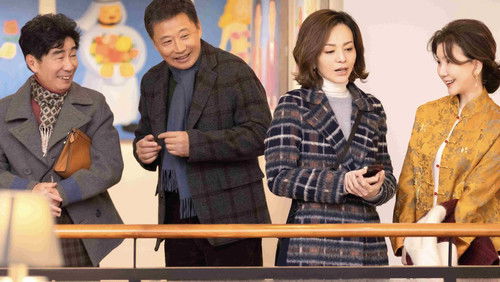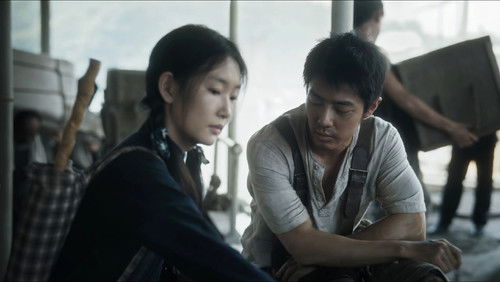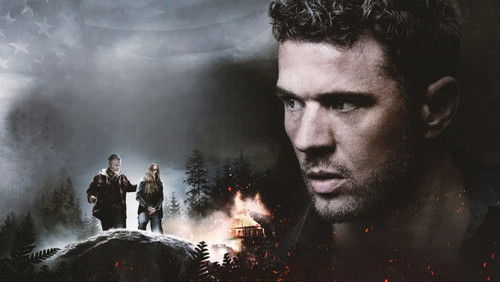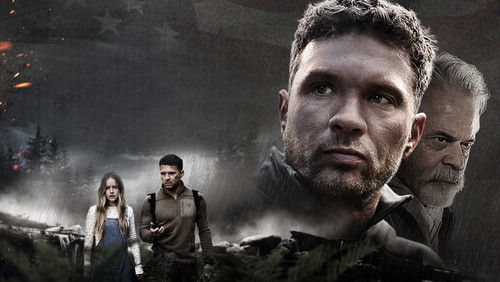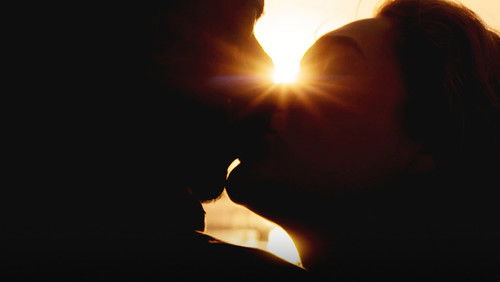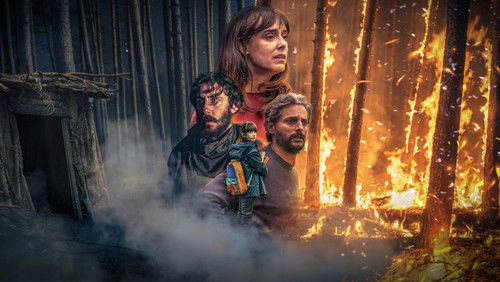Die Struktur des Kristalls (1969)
69KDie Struktur des Kristalls: Directed by Krzysztof Zanussi. With Barbara Wrzesinska, Jan Myslowicz, Andrzej Zarnecki, Wladyslaw Jarema. Jan and Marek used to study physics together but after graduation their paths were different. Jan got married and moved to the countryside. Marek stayed in Warsaw and now wants to persuade Jan to follow his path.
“A stark Black u0026amp; White idyll in the snow-covered rural area of Poland, Jan (Myslowicz) is a pedantic scientist works in a local meteorological station, seemly contented with the austere lifestyle with his wife Anna (Wrzesinska), one day, a fellow scientist and his old friend Marek (Zarnecki) comes to spend his vacation with them, they havenu0026#39;t met for five years, but Marek conceals his real intent beneath the ostensible excuse.u003cbr/u003eu003cbr/u003eDirector Krzysztof Zanussi conscientiously records the two physicistsu0026#39; academic tête-à-tête, as they ramble on scientific jargon, graphic atoms and hexagon structures, Marek advocates the method of producing artificial crystals, he is more urbane, worldly and more westernized (he stayed in USA for some years), obviously nonplussed by Janu0026#39;s decision to keep the distance from fame and wealth, as a devoted friend, he puts out feelers to inquire his puzzle, but Jan, a humble, staid man satisfies with the status quo, responds with plumb composure, paraphrasing here u0026quot;it is something neither of them can convince each other and thus they should not talk about itu0026quot;. The cleft lies deep between their divergent outlook on life, but it is not a hindrance to their affectionate friendship, during the diligent account of their day-to-day interactions, Marek is sometimes an envious observer, watches the spontaneous rapport between Jan and Anna with a tender smile, sometimes he is the interloper, his modern stance imperceptibly has an impact on Anna, a provincial school teacher, for her Marek stands for the allure from the world outside, a gentleman will give her flowers, invite her to dance, and even banter with her (an egoist always gets married!), a kind of man she has never met (the untold story of Mareku0026#39;s divorce and his statement of being an unqualified husband may suggest it may not be a good idea), but things never go across the line, the sense of propriety and the covert passion are conducted with superb finesse. u003cbr/u003eu003cbr/u003eIt is also a delicate essay on comradeship, dichotomy aside, Jan and Marek thoroughly enjoy their time as two close friends who havenu0026#39;t seen each other for a long time, when Marek asks Jan to take the wheel of his coupé for instance, it signals an ideal of orthodox intimacy between two friends, while their exercise competition is something only exists in male-bonding. The film is profuse with such benevolent moments, even when they debate about philosophy or literature. Wojciech Kilaru0026#39;s lilting piano melodies wonderfully harmonize with the puissant monochromatic aesthetics, once in a while the swirling camera effortlessly captures the motion of the three characters within circumscribed space. Everything it presents is poetic, naturalistic, and whatu0026#39;s more essential, tellingly introspective. Iu0026#39;m no pundit of Polish films, but I daresay it is a rare breed to preserve such dynamism under the background of bleakness and abstractionism.”




